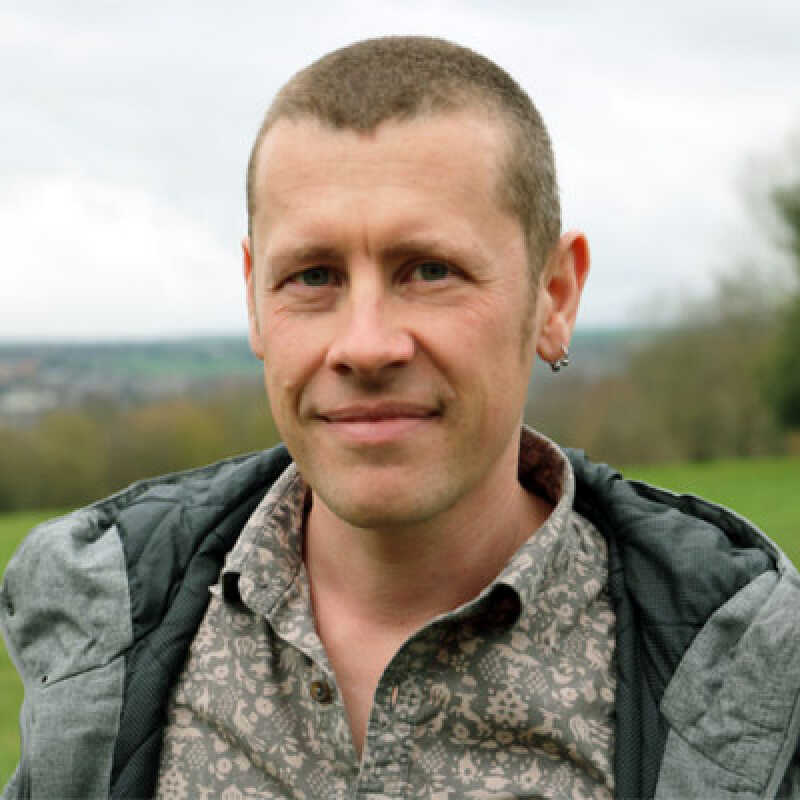- University of Kent
- Durrell Institute of Conservation and Ecology
- People
- Dr Matthew Struebig
Dr Matthew Struebig


Dr Matthew Struebig is a conservation scientist interested in the impacts of environmental change on tropical biodiversity and the implications this has for landscape management and conservation. Initially trained as an animal ecologist, much of his work is based in the modified habitats of Southeast Asia and is applied to the conservation of tropical wildlife. More recently he has begun to explore important trade-offs in conservation, working on interdisciplinary projects with colleagues in the social and earth sciences.
Matt joined DICE in 2010, initially as a Leverhulme Trust Research Fellow. He now leads the Tropical Defaunation Hub, launched in 2020 with a major investment from the Leverhulme Trust to study the socio-ecological drivers of wildlife population change in Indonesia. The interdisciplinary team comprises specialists in biodiversity, spatial statistics, remote sensing and poverty assessment.
Dr Matthew Struebig is a member of the Durrell Institute of Conservation and Ecology, and has a prominent role on its new E3 initiative.
The future of tropical biodiversity will depend, to a large extent, on how we manage human-modified habitats. This raises important questions about how we improve prospects for wildlife, while also supporting the wider need of people living in these areas.
Dr Struebig's research is therefore applied to the valuation, design and management of modified landscapes in the tropics, particularly Indonesia and Malaysia where he has worked for >20 years. His interests have expanded from mammal ecology to embrace other complicated problems, particularly concerning efforts to reduce human-wildlife conflict or alleviate poverty in tropical countries while fulfilling conservation objectives.Discover more about the Leverhulme Tropical Defaunation Hub
Other Work Includes
Linking social and natural science methods to guide human-wildlife conflict interventions
Evaluating the impacts of land-use policies on biodiversity and human-wellbeing
Improving the sustainability of oil palm to maintain biodiversity and ecosystem functions
WCON5220: Research Project (in Conservation)
WCON5010: Climate Change and Conservation
WCON3111: Principles of Biogeography and Ecology
Research staff
Loading publications...
Showing of total publications in the Kent Academic Repository. View all publications